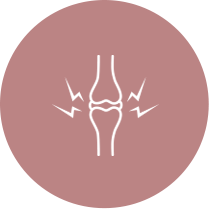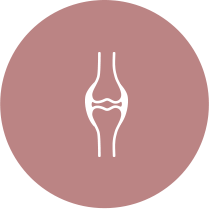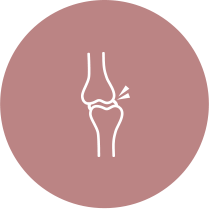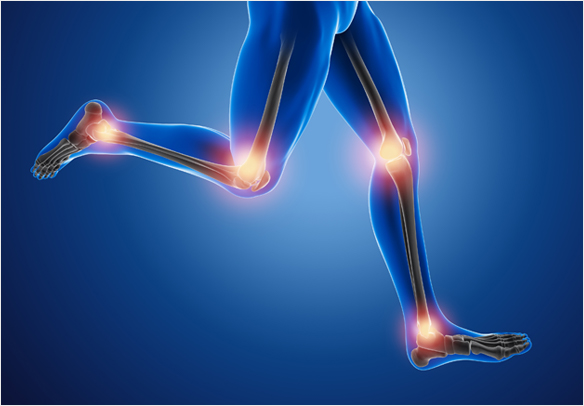From the moment we first meet with patients,
we will take care of them like a family with faith, hope, and love.
Wellness Hospital treats even the hearts of customers through experts treatment and specialized medical services.
Degenerative arthritis (osteoarthritis) is an arthritis caused by degenerative changes in the cartilage and surrounding bones. Most of them occur in the knee and hip joints, which receive a lot of weight. The incidence rate of osteoarthritis increases with age, and it occurs more in women than in men. It gradually increases after the age of 40, and increases rapidly after the age of 60, and 30% to 35% of women after the age of 60 have degenerative arthritis.
-
-
-
3
friction noise when moving
-
· Glucosamine
This drug is very suitable for treating the cause of degenerative arthritis in the early stage because it has the effect of inhibiting joint inflammation and regenerating cartilage. Some gastrointestinal disturbances may appear as a side effect, which can be resolved by taking it with an antacid. Although it does not show the same rapid effect as analgesics do, it shows a high cure rate for degenerative arthritis in the early stages after taking it for 2 to 4 months.
-
· Non-steroidal anti-inflammatory drugs
It is the most commonly used method, but it is primarily aimed at alleviating symptoms and preventing exacerbation. The drug used also has a large difference in effectiveness depending on each patient, so it is necessary to select a drug suitable for the patient's body. Even if two or more nonsteroidal anti-inflammatory drugs are taken, there is little increase in efficacy and only side effects are often increased, so do not take two or more drugs at the same time. Common side effects include gastrointestinal disturbances and edema. To reduce gastrointestinal disturbances, it is recommended to take the drug immediately after meals. In long-term use, there is a possibility of gastric ulcer, so be careful.
-
· Steroids (corticosteroids)
In the past, their effects were fast and powerful enough to be recognized as a “miracle drug”, and they were used indiscriminately. Frequent side effects include diabetes, heart disease, high blood pressure, kidney disease, weakening of bones, and edema (especially full-moon edema: face becomes round like a full moon).
-
· Cartilage injection
Cartilage injection supplies hyaluronic acid, a component of cartilage, into the joint cavity. When cartilage is damaged, it causes pain when rubbed, so it works like a lubricant to soften it.
01
Do exercise regularly. Do not rest for more than 2 days, as longer rest can further deteriorate the function of the joints.
02
Be sure to stretch before and after exercise. Stretching increases joint flexibility and improves joint mobility.
03
Avoid putting too much strain on the joints. Sessions should be divided into several short periods of time.
04
Increase the amount of exercise gradually and keep it the same for your left and right sides.
05
If you feel pain in your joints during exercise, stop the exercise immediately and readjust the amount or intensity of the exercise.
Recommended Exercise
The most recommended exercise is swimming. This is because swimming allows joint movement without putting a load on the joints. Other exercises, such as bicycle maneuvering, are also good.
Exercises that should be prohibited
Exercise that puts a lot of pressure on the joints and exercises that give a sudden shock to the joints should be avoided. Sports such as soccer, tennis, running, and jumping rope should be avoided.
Management
With age increase, especially in women, weight increases a lot. Excessive weight can put pressure on the joints, so please add fresh vegetables to your diet, and control your weight with a low-calorie, high-protein diet. It can prevent not only joint injuries but also all other adult diseases.






